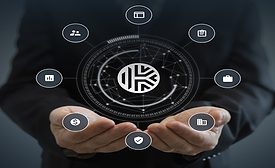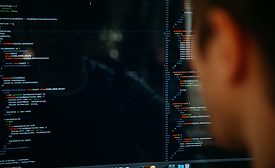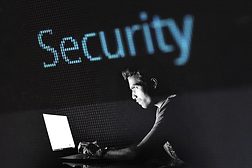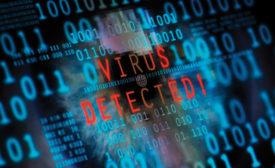Cybersecurity
COVID-19 five times more disruptive to supply chains than cyberattacks
Six out of ten businesses target geographic diversification of supply chains to build resilience.
August 11, 2020
How CISOs Can Effectively Measure and Report Security Operations Maturity
It's not the number of moving pieces in your security program that matter; it's how those pieces are making your organization more resilient that truly counts. How do you achieve that goal?
August 10, 2020
Sign-up to receive top management & result-driven techniques in the industry.
Join over 20,000+ industry leaders who receive our premium content.
SIGN UP TODAY!Copyright ©2025. All Rights Reserved BNP Media.
Design, CMS, Hosting & Web Development :: ePublishing










